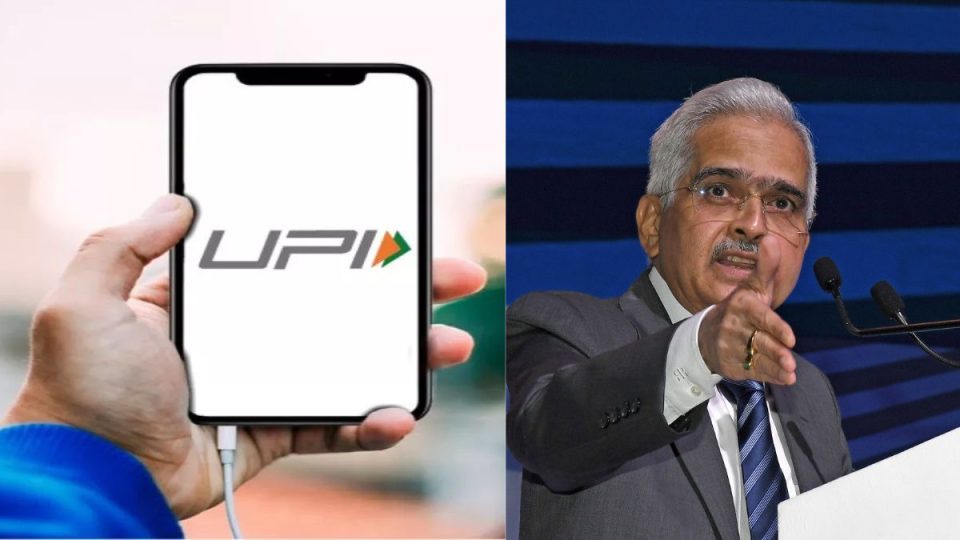The Reserve Bank of India (RBI) has taken a substantial stride by raising the UPI payment limits from Rs 1 lakh to Rs 5 lakh. This transformative decision, announced by RBI Governor Shaktikanta Das during the Monetary Policy Committee (MPC) meeting, is poised to redefine the landscape of digital transactions, particularly in sectors like healthcare and education. Here are the key highlights and potential implications of this pivotal move:
Empowering Healthcare and Education Transactions:
RBI Governor Shaktikanta Das highlighted that the primary intent behind the increased UPI transaction limit is to facilitate larger payments for medical and educational purposes. This strategic shift is expected to provide consumers with greater flexibility and convenience in managing transactions related to healthcare services and educational expenses.
Positive Impact on Digital Transactions:
The announcement marks a positive shift in the digital payments landscape, allowing consumers to conduct higher-value transactions seamlessly. As per the National Payments Corporation of India (NPCI) website, the existing UPI transaction limit for normal payments is Rs 1 lakh per transaction. This revision opens up new possibilities for users, especially in critical sectors where substantial financial transactions are common.
Categories and Limits:
While the regular UPI transaction limit stands at Rs 1 lakh, certain categories like capital markets, collections, insurance, and foreign inward remittances enjoy a higher transaction limit of up to Rs 2 lakh. Notably, for Initial Public Offering (IPO) and Retail Direct Scheme, the UPI transaction limit has been increased to Rs 5 lakh per transaction, offering more flexibility for users engaging in these financial activities.
RBI MPC Meeting Highlights – December 2023:
Aside from the UPI payment limit revision, Governor Das proposed a significant hike in the e-mandate for recurring payments. The proposed limit for e-mandate transactions for mutual funds, insurance premiums, and credit card payments is set at Rs 1 lakh, up from the current Rs 15,000. This reflects the increasing popularity of e-mandates for recurring transactions among consumers.
Exemptions for Recurring Payments:
The RBI’s proposal also includes exemptions for an additional factor of authentication (AFA) for transactions up to Rs 1 lakh in specific categories. Subscriptions to mutual funds, payment of insurance premiums, and credit card bill payments are among the exempted transactions. However, existing requirements such as pre and post-transaction notifications and opt-out facilities for users will still apply to these transactions.
The RBI’s decision to enhance UPI transaction limits and propose higher e-mandate limits signifies a proactive approach to keep pace with evolving consumer needs and technological advancements. These measures are expected to boost digital transactions, promote financial inclusion, and provide users with more options and convenience in managing their financial activities.

